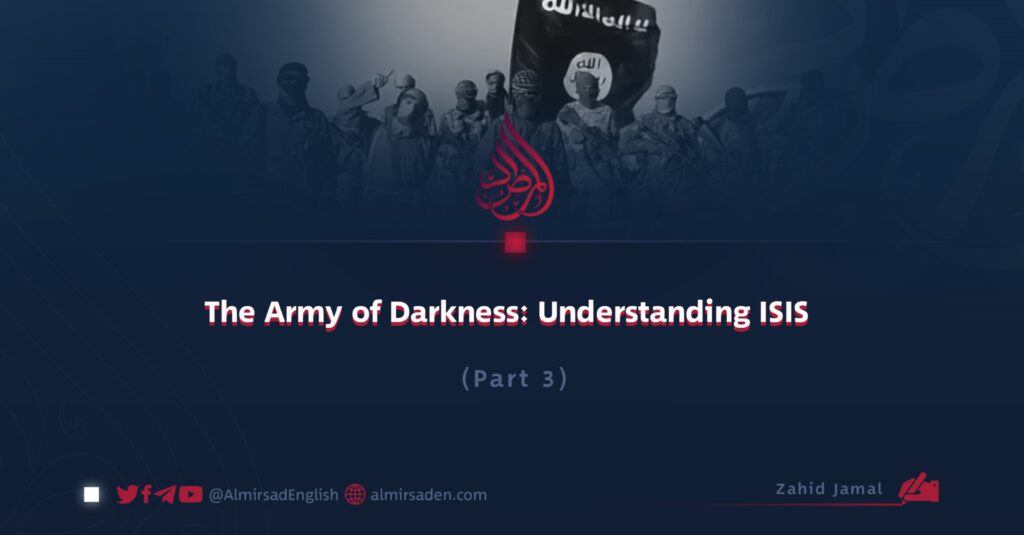Part 3
By: Zahid Jamal
The Financial Sources and Economic System of ISIS
ISIS, one of the most complex and destructive extremist organizations of the 21st century, did not rely solely on military force to sustain its operations. It also developed a highly deceptive and predatory economic system. By combining traditional methods with modern techniques, the group managed to become one of the wealthiest extremist movements in the world.
The primary sources of revenue for the ISIS Khawarij included oil sales, bank heists, extortion, kidnapping, and the illicit trade of antiquities. However, this wealth was never intended to benefit the general population. Instead, it was weaponized to spread terror and maintain the group’s grip on power. Through its control of oil fields in Iraq and Syria, ISIS generated millions of dollars in daily income. Yet none of this revenue was invested in infrastructure or public welfare. Rather, it was directed toward purchasing weapons and paying the salaries of foreign fighters who had been misled by false promises, only to find themselves immersed in cycles of violence, looting, and destruction.
One of the most striking features of ISIS’s economic model was its dual nature. On one hand, it operated like a state, imposing taxes and tariffs on civilians living within its territory. On the other, it functioned as a transnational criminal enterprise, engaging in activities such as oil smuggling, human trafficking, and even the macabre trade in human remains.
To facilitate its financial operations, ISIS established a vast informal network through which it laundered looted money via black markets and unregulated financial channels. These funds were then transferred to international accounts to conceal their origins. The group also produced counterfeit currency and forged official documents, including passports, in an attempt to project the illusion of statehood. In truth, these actions reflected nothing more than a delusional grasp at legitimacy, driven by a fleeting sense of power that ultimately proved unsustainable.
Among the most appalling aspects of ISIS’s so-called economy was its institutionalized trade in human beings. Under the pretext of creating an Islamic Caliphate, the group enslaved thousands of women and children, primarily from the Yazidi community, and sold them at exorbitant prices in organized slave markets. The trafficking of human organs further exemplified the group’s inhumanity. These crimes not only revealed the depth of ISIS’s barbarity but also laid bare its complete disregard for the fundamental principles of humanity.
Such heinous acts stand in stark contradiction to the values of any Islamic governance or just society. The conduct of these modern-day Khawarij leaves no doubt that they were never in pursuit of establishing an Islamic Caliphate or delivering justice. Rather, they exploited the sacred name of Islam as a cover for their sinister ambitions, portraying our noble religion to the world as barbaric, destructive, and murderous.
Despite their propaganda claims of building an Islamic economy, ISIS operated as a machine of plunder. It provided no productive services, and the infrastructure in the areas it controlled quickly fell into decay. Local populations endured severe shortages of basic necessities, including water, electricity, and medical supplies.
Despite their propaganda claims of building an Islamic economy, ISIS operated as a machine of plunder. It provided no productive services, and the infrastructure in the areas it controlled quickly fell into decay. Local populations endured severe shortages of basic necessities, including water, electricity, and medical supplies.
